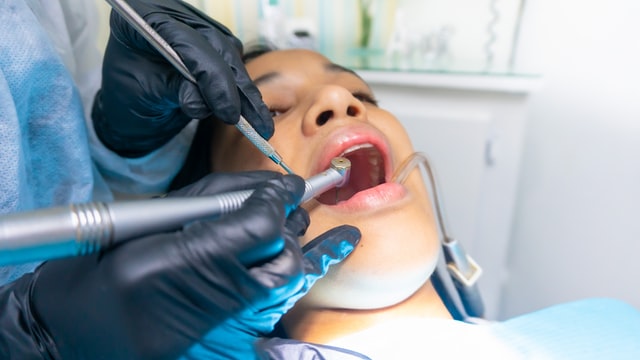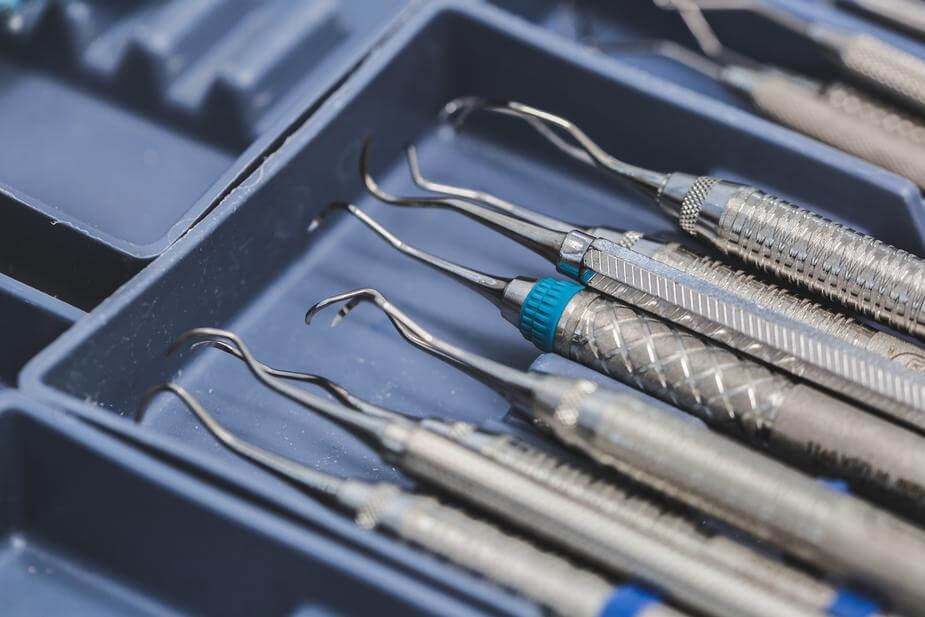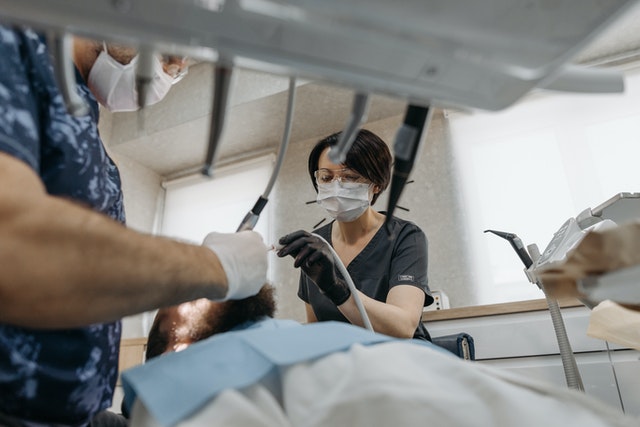What Is Sedation Dentistry?
If a patient comes to our clinics and they need to be sedated to perform the operation you will be given either:
- Nitrous Oxide (laughing gas)
- Oral sedation (pills)
- Intravenous (IV) Sedation
Anxiety is a very common concern at dental clinics. We understand that going to the dentist isn’t exactly a vacation, and dentists are trained to deal with anxious patients. If you ever experience dental anxiety, please tell your clinic so they can alleviate your concerns. At Smiles Dental Group, we offer dental sedation to help with dental anxiety. Not everyone who is anxious may need sedation, but it can be incredibly helpful for those who are in need.
Who Needs Sedation Dentistry?
- Prone to being afraid of the dentist.
- Past traumatic dental experiences.
- Patients who are more resistant to local anesthetic
- A sensitive gag reflex
- Sensitive teeth
- More complex dental problems
- People who hate needles or shots

What are the benefits of sedation dentistry?
- Patient relaxation
- Increased comfort
- Movement control
- Patient co-operation
- Control of gag reflex
- Little or no memory of treatment
- Time-saving (Fewer appointments needed)

How to prepare for Sedation At The Dentists Office
If you’re ever concerned about what to do when you’re about to be sedated, your dentist well let you know how you can prepare for the operation. Generally, you should follow these guidelines in advance of the appointment:
- Wear comfortable clothing.
- Avoid eating or drinking up to 8 hours prior to being sedated.
- If you’re on medication, ask your dentist if you need to stop taking it beforehand.
You should also alert your dentist of anything your aware of physically before the sedation, these may include:
- Current medication
- Any known allergies
- Any history of health issues (heart attack, stroke, etc.)
As long as you’re honest with the dentist, the dentist will do their best to complete the operation with as little discomfort as possible.

How safe is sedation dentistry?

What types of sedation do we use?
Nitrous Oxide
Oral Sedation
Intravenous (IV) Sedation

